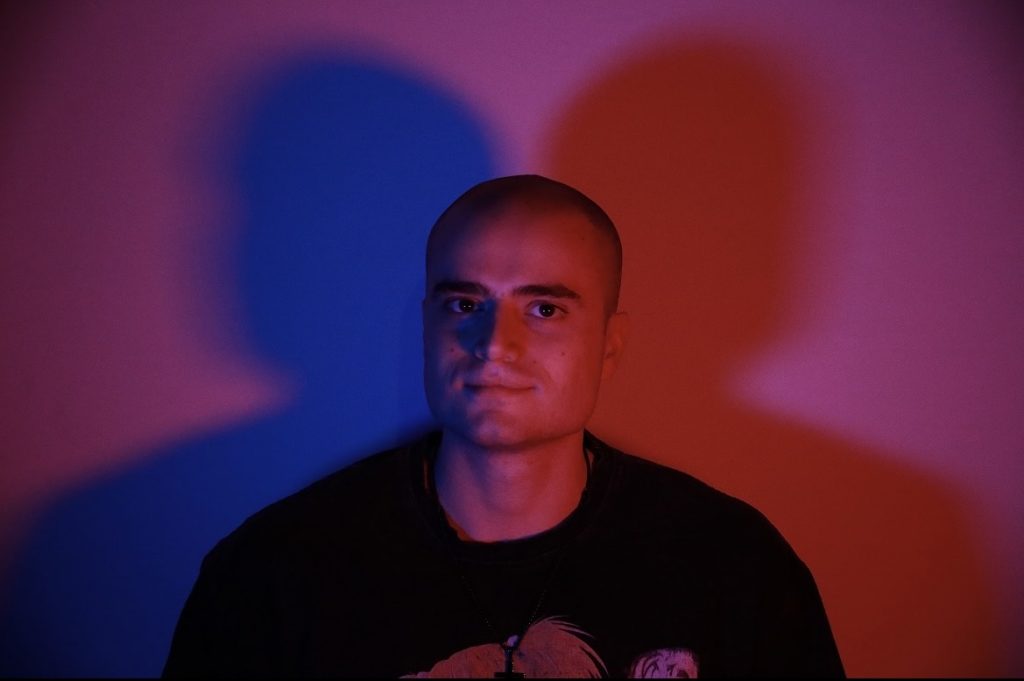Writing is something that I have recently fallen in love with. I used to write here and there when I was younger, but honestly, I didn’t put much thought into it. It wasn’t until I made it my passion by doing it so regularly and finding comfort — and a career aspiration— in it that I thought of it deeply. Perhaps it is this deep thinking that has led me to have a bad case of writer’s block or not being able to think about what to write about on a couple of occasions. While not being able to do what I love is challenging, it’s honestly a breath of fresh air.
This is why I believe writer’s block can be a positive influence rather than just an obstacle. It’s easy to feel bummed out as a writer when you can’t even write. It feels like being a lawyer incapable of speaking. It’s easy to feel like a failure. The truth, though, is that writer’s block is not a sign of failure. Even the most famous and successful writers deal with the struggle of writing burnout. Franz Kafka once wrote on the subject, “How time flies — another 10 days and I have achieved nothing. It doesn’t come off. A page now and then is successful, but I can’t keep it up, the next day I am powerless.” The poor guy even makes me feel bad for him, and he’s an acclaimed writer.
It’s honestly pretty inspiring to see that even the pros suffer from writer’s block. A tried-and-true method to straight-up overcome it is to change your mindset. I can say this confidently because I am currently going through a rut of writer’s block on my own end. I love writing articles and a bit of poetry on the side, but lately I’ve been staring at a blank piece of paper, especially with my poetry work. This article is proof that writer’s block is partially complete bogus. I’m suffering from a horrible case of it, and, hell, I’m just pushing through, forcing myself to write no matter how I feel.
I’ve always been the type to brute-force my way through a situation. Why go around a wall when you can just smash your way through it? Another great way to combat writer’s block is to just do what seems so hard — write. Particularly, free-writing is a great solution here. The strategy entails writing down whatever thoughts pop into your mind, free of censorship, writing style, a possible reader or even proper grammar. This strategy is genius because it’s so simple yet effective. Writing down how you feel without worrying about other people reading is a great exercise due to how freeing it feels. Many times, when you write, you always picture an audience in mind. Removing that from the picture helps greatly, as it eases one’s worries as a writer about the quality of one’s work.
If it isn’t obvious by now, this article is drastically different from what I usually write. My writing portfolio here is made up of pieces of me dissecting either a superhero, a video game, an anime or all of the above. This is pretty out of my wheelhouse when it comes to topics. But I love it. I love trying new things. I love challenging myself and always trying to improve. I feel for a lot of my contemporaries when something as benign as writer’s block tears them apart.
What’s important to remember is that, above all else, it’s not permanent. Writer’s block is like a bad relationship. It seems like the end of the world at first, but once you get over it, it feels like small potatoes. Most importantly, it makes it easy to look back on all your previous work and see how they compare and contrast. Hopefully, it’ll help you come back as an even more talented and versatile creator.
Nicolas Scagnelli is a senior majoring in English.



